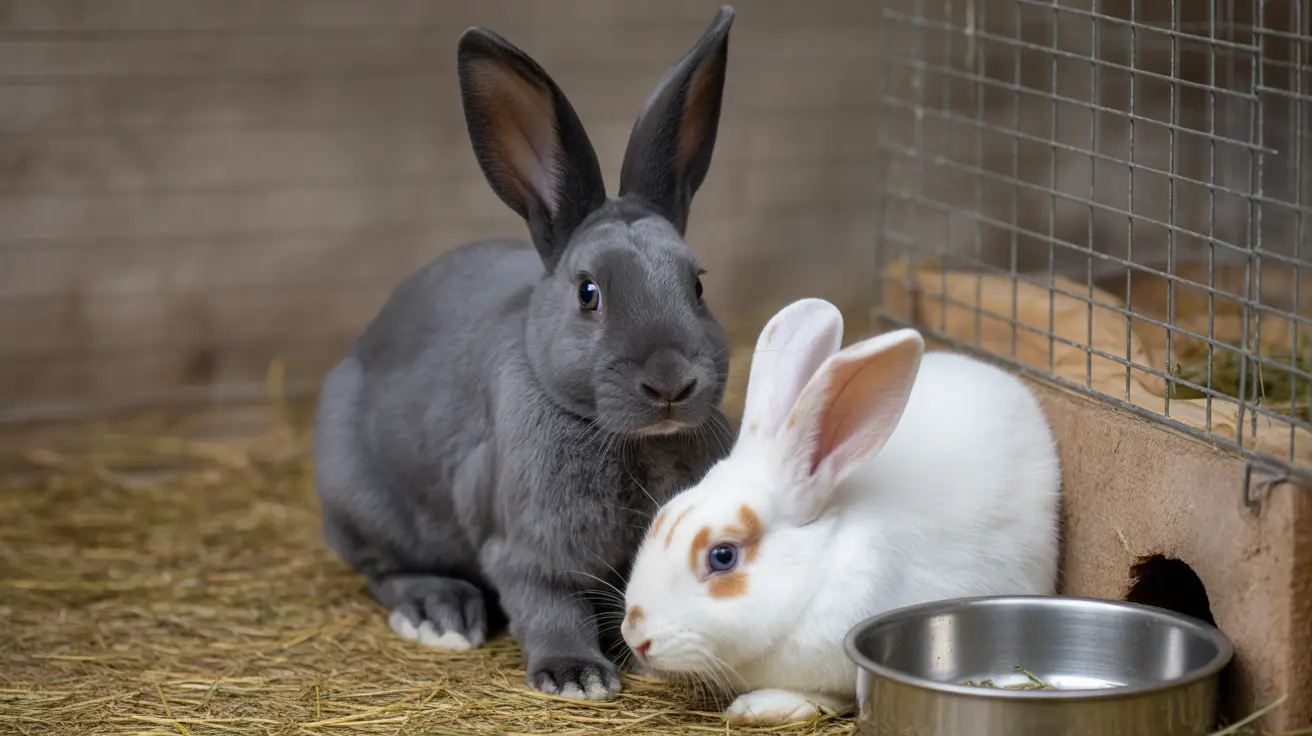Understanding Boston Terrier Intelligence Rankings
According to Stanley Coren's renowned study on canine intelligence, Boston Terriers rank 100th out of 136 breeds. This places them in the "average intelligence" category, alongside breeds like the Great Dane and Siberian Husky. However, it's crucial to understand what these rankings actually mean.
When learning new commands, Boston Terriers typically need 25-40 repetitions to master them. Once learned, they respond to known commands about 50% of the time on the first attempt. While this might not match the lightning-quick learning speeds of Border Collies or Poodles, it's entirely sufficient for a family companion.
Beyond the Numbers: Different Types of Intelligence
Raw obedience scores don't tell the whole story of Boston Terrier intelligence. These dogs excel in other important areas:
Emotional Intelligence
- Strong ability to read human emotions
- Deep bonds with family members
- Excellent social awareness
- Natural ability to comfort their owners
Adaptive Intelligence
- Problem-solving capabilities
- Environmental awareness
- Ability to learn from experience
- Quick adaptation to new situations
Training Your Boston Terrier Effectively
Boston Terriers respond best to positive reinforcement training methods. Their eagerness to please, combined with their food motivation, makes them highly trainable when approached correctly.
Key Training Tips:
- Keep sessions short (5-10 minutes)
- Use high-value treats and enthusiastic praise
- Maintain consistency in commands and routines
- Start training early in puppyhood
- Focus on one command at a time
Maximizing Your Boston Terrier's Mental Potential
To help your Boston Terrier reach their full intellectual potential, consider these enrichment strategies:
- Interactive puzzle toys
- Regular training sessions
- Social interactions with other dogs
- New experiences and environments
- Brain-stimulating games and activities
Common Challenges and Solutions
While Boston Terriers are generally eager learners, they can sometimes display stubborn behavior. This isn't necessarily a sign of low intelligence, but rather a characteristic of their personality that requires patience and understanding.
To overcome potential training challenges:
- Stay consistent with commands and expectations
- Use positive reinforcement consistently
- Avoid harsh corrections
- Keep training sessions engaging and fun
- Practice in different environments
Frequently Asked Questions
How smart are Boston Terriers compared to other dog breeds?
Boston Terriers rank 100th out of 136 breeds in standard intelligence tests, placing them in the "average intelligence" category. However, they excel in emotional intelligence and social awareness, making them highly capable family companions.
What training methods work best for teaching commands to a Boston Terrier?
Positive reinforcement training works best, using treats, praise, and consistent, short training sessions. Boston Terriers are particularly responsive to food rewards and enthusiastic encouragement from their owners.
How many repetitions does it usually take for a Boston Terrier to learn a new command?
On average, Boston Terriers require 25-40 repetitions to learn a new command. Once learned, they typically obey known commands about 50% of the time on the first attempt.
Why do Boston Terriers sometimes seem stubborn during training despite being intelligent?
This apparent stubbornness often stems from their independent nature rather than a lack of intelligence. Maintaining consistent, positive training methods and keeping sessions engaging can help overcome this characteristic.
How can early socialization improve a Boston Terrier's obedience and behavior?
Early socialization helps Boston Terriers develop confidence, improve their response to training, and become well-adjusted adults. It exposes them to various situations, people, and other animals, enhancing their overall behavioral development.
While Boston Terriers may not top the charts in traditional intelligence rankings, their combination of emotional intelligence, trainability, and loving nature makes them wonderful companions. With proper training, patience, and consistent positive reinforcement, these charming dogs can learn everything they need to be well-behaved, happy family members.






